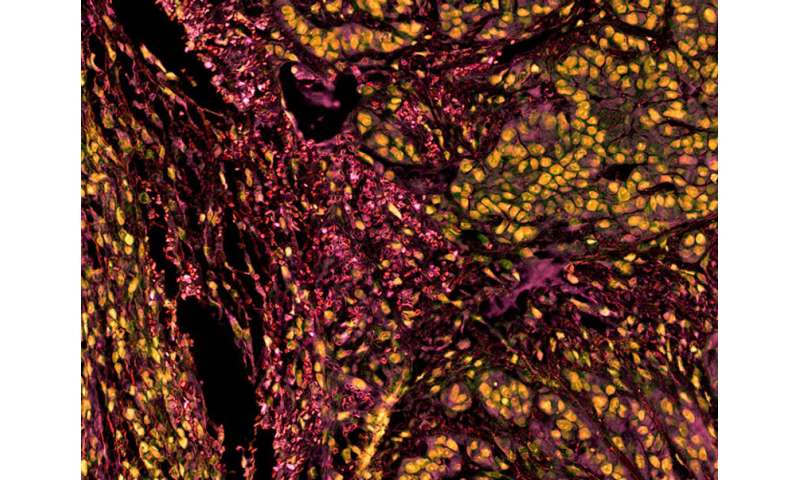
Glioblastomas are the most common malignant brain tumors in adults. Treatment options are extremely limited and usually not effective, leading to death for most patients within 12-18 months of diagnosis.
This is the type of cancer that claimed the lives of former U.S. Sens. John McCain and Ted Kennedy.
Now, a Purdue University cancer innovator and his team have developed a promising new approach to treating these tumors using a type of immune cell called the natural killer (NK) cell. The team genetically modifies the NK cells to more specifically target and kill cancer cells.
“Multifunctionally engineering these cells is a potentially transformative way to enable the improved treatment of this disease,” said Sandro Matosevic, an assistant professor in Purdue’s College of Pharmacy. “Our solution is the first multifunctional, responsive immunotherapy for GBM (glioblastoma multiforme) based on engineered natural killer cells. By targeting multiple mechanisms at the same time, we severely limit the ability of GBM to avoid treatment.”
The challenge with developing therapies for GBM is that the disease is highly immunosuppressive. It uses multiple mechanisms to evade recognition by the immune system, and many therapies developed against it are unsuccessful because GBM is both resistant to treatment and highly heterogeneous.
GBM is the most aggressive brain tumor. Despite multiple intensive treatment options—surgery, chemotherapy and radiotherapy—very few patients with GBM survive beyond 15 months, and none are cured. This is because most drugs act on a single pathway, while GBM uses a highly complex network of immunosuppressive mechanisms to promote resistance to treatment and evade immune recognition.
Source: Read Full Article